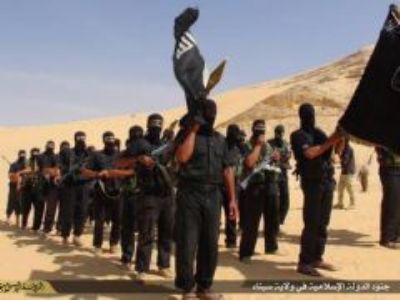Lowlights of the report include the following:
- The report claims that terrorists who join the Islamic State and fight on behalf of an Islamic caliphate are not motivated by religion: "Religious belief seems to have played a minimal role in the motivation of this FTF sample."
- The report claims that terrorists who traveled to war-stricken Syria did not intend to become terrorists: "The respondents of this survey claimed they did not go to Syria with the intention of becoming a terrorist..."
- The report claims that terrorists are motivated by "idealism": "FTFs are motivated by a diverse range of factors both in deciding to go to Syria and in deciding to return. Idealism and the hope for self-betterment take different forms..."
- Instead of focusing on security measures to counter terrorism, the report offers justifications for the decision to become a terrorist, including family "stress" and "poor labour prospects": "[M]any FTFs serving as foot soldiers lack opportunity, are disadvantaged economically, lack education and have poor labour prospects, even when they come from Western societies... Some of the families from which these particular FTFs come often show signs of internal dysfunction or stress."
- The report asserts that states should not treat foreign fighters returning from Syria as "high risk" because it will "radicalize" them through "persecution": "It is also important to recognise that not all returnees present the same degree of threat; some may be at very low risk of offending further... States will be overwhelmed and tend to treat all returnees as high risk, thereby radicalising those who are low threat through unwarranted persecution."

